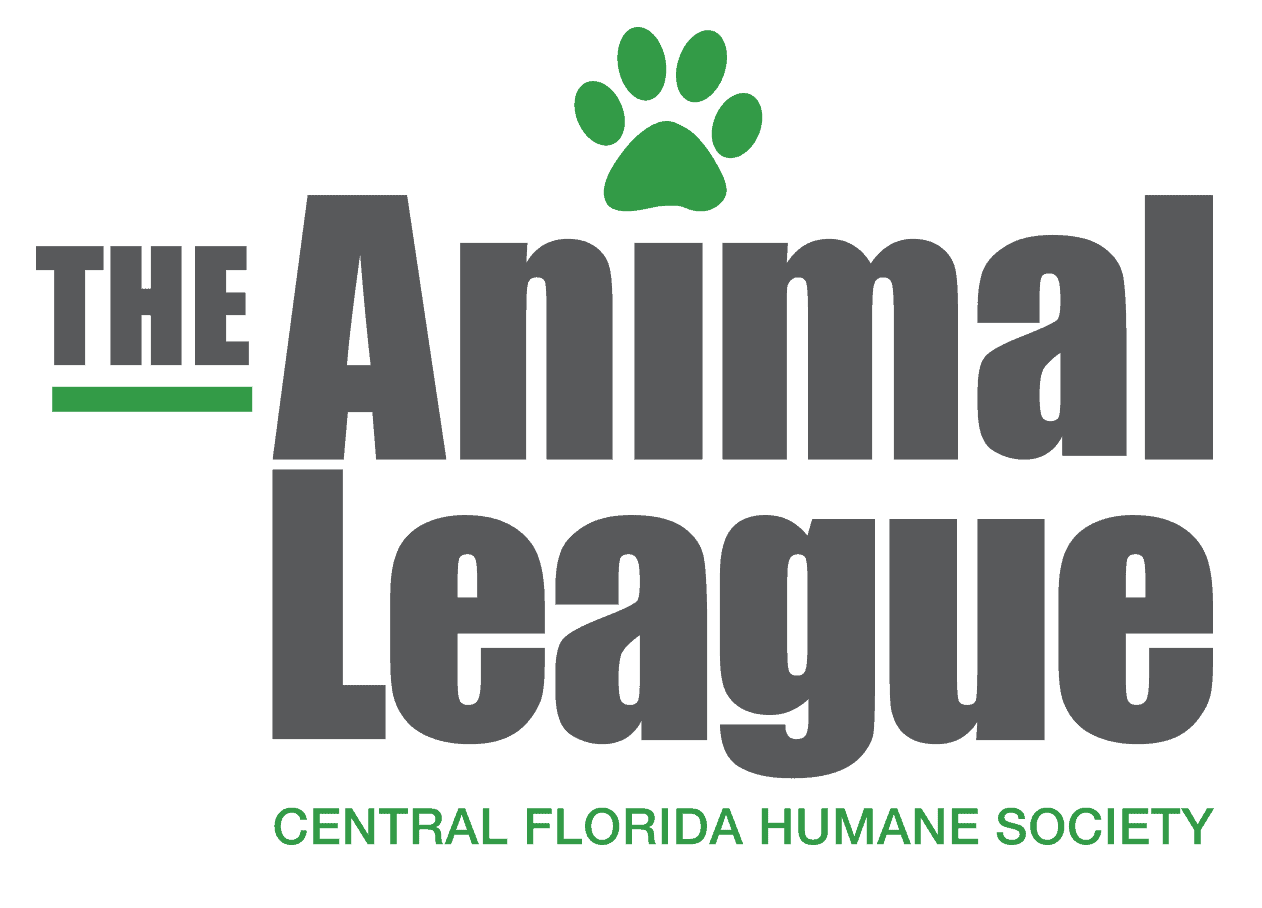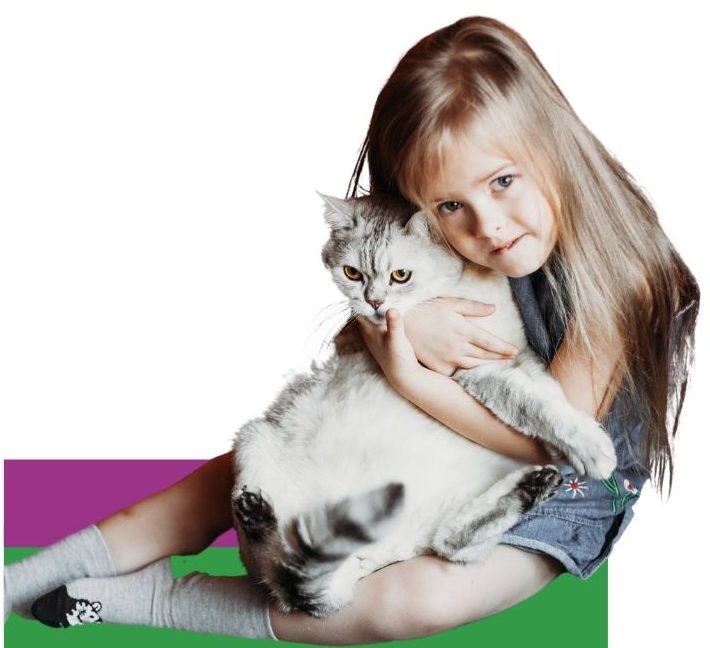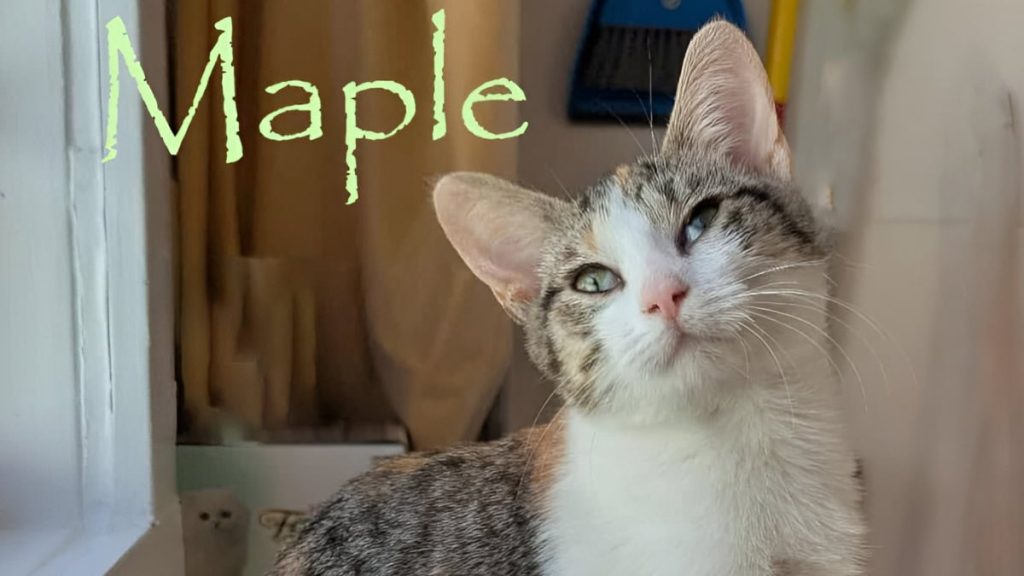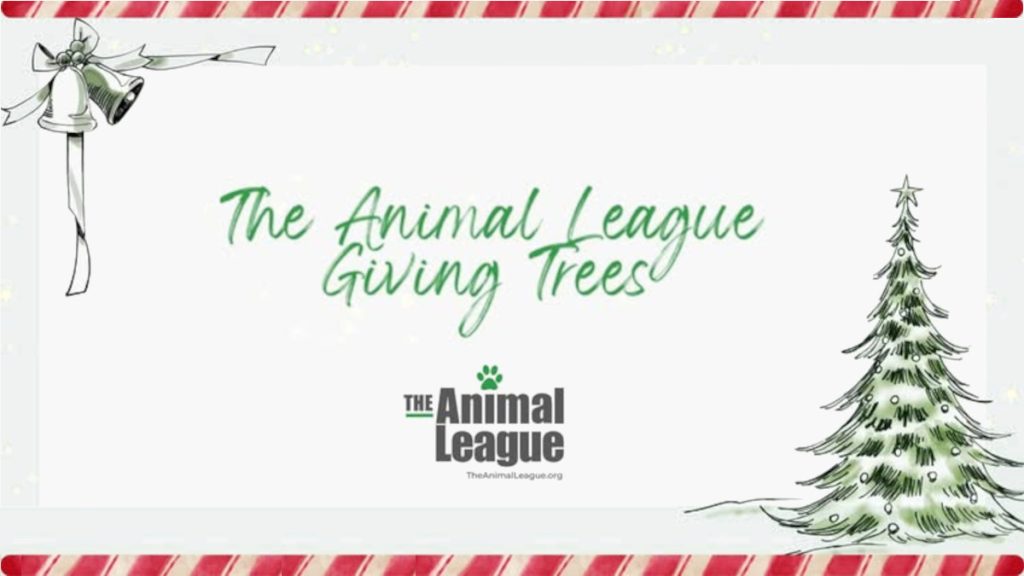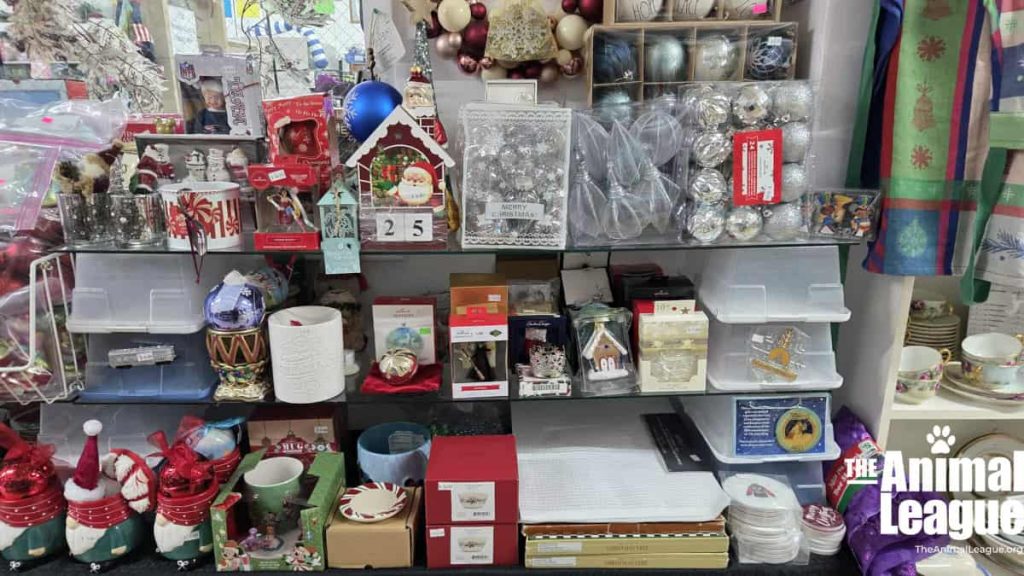Keeping pets happy and healthy in targeted neighborhoods
Neighborhood Pet Partners Program assists neighborhoods initially in Lake County, FL, where residents have limited access to pet resources, limited financial means to care for their pets, or where the population of community or feral cats is high. We provide owners and community care-givers with necessary resources such as food, healthcare, improved living conditions, and spay/neuter services, at no cost to the pet guardian.

Our Goals
Neighborhood Outreach
Neighborhood Pet Partners Program is an extension of The Animal League’s existing outreach program, Nourish the Needy, which began in October 2011 and provides 20,000 pounds of pet food to food pantries every year. Neighborhood Pet Partners Program provides outreach support, such as pet education, pet supplies, and medical services, to underserved neighborhoods. Through our outreach we provide education on the benefits of spaying and neutering and tips on keeping pets healthy and happy.
Keep Pets Happy and Healthy
Neighborhood Pet Partners Program is aimed at helping to keep pets happy and healthy in targeted areas throughout Lake County, FL. The program assists neighborhoods where residents either have limited access to pet resources or have limited financial means to care for their pets. We provide them with the necessities to keep pets safe, healthy, and comfortable. Food, healthcare, improved living conditions, and spay/neuter services are provided to these communities at no cost to the pet guardian.
Reduce Stray Population
The neighborhoods we target are carefully selected. The Lake County Sheriff’s Office Animal Services helps us pinpoint areas in Lake County where it receives a high number of calls for stray, unaltered, and nuisance animals. According to research by the Humane Society of the United States, there are tens of millions of people living in poverty with their pets and 87% of pets in these communities are not spayed or neutered. These are the areas where the majority of stray pets are picked up, putting a burden on county shelters and therefore the taxpayer. Neighborhood Pet Partners Program targets these areas to offer free spay and neuter services.
Our Activities
We operate through various activities and initiatives, including the following:
Adoption Center Events
Offering a single point of call for people to reach out to us, gather information, access free wellness checks and rabies vaccinations, collect free food and equipment, and register for further services.
Street Canvassing
Working with coordinators in target communities to spread the message and mission of the Neighborhood Pet Partners Program, as well as the message of spay and neuter, promoting vaccinations and providing information on wellness care.
Transport
Providing support to clients and their pets to ensure they are able to take advantage of the services offered by the program.
Trap-Neuter-Return (TNR)
Facilitating spay and neuter for as many feral and community cats as possible in targeted areas; preparing feeding schedules, setting humane traps, providing transport, and assisting and updating community caregivers.
Support Services
Assisting Neighborhood Pet Program clients by answering phone or email enquiries, ensuring they have all the resources necessary to care for their pet and keep veterinary appointments, and informing them of new services or events that might benefit them.
Will You Help Us reduce the Homeless Pet Population?
We are currently seeking volunteers, program partners, and donors who want to be a part of something great. Neighborhood Pet Partners Program will optimally serve the community when it is a community-wide effort. We need all hands on deck to make this program successful and sustainable. If you are interested in joining us, please view our volunteer information and fill out the application form, or contact us for more information on becoming a program partner/sponsor.
“Helping one pet at a time is what this program is all about. Every pet is important and when you improve the life of one pet and assist one family, it has a ripple effect. As educated and productive citizens, the residents in these areas can be the most influential force in our community to breaking the cycle of pet overpopulation.”
